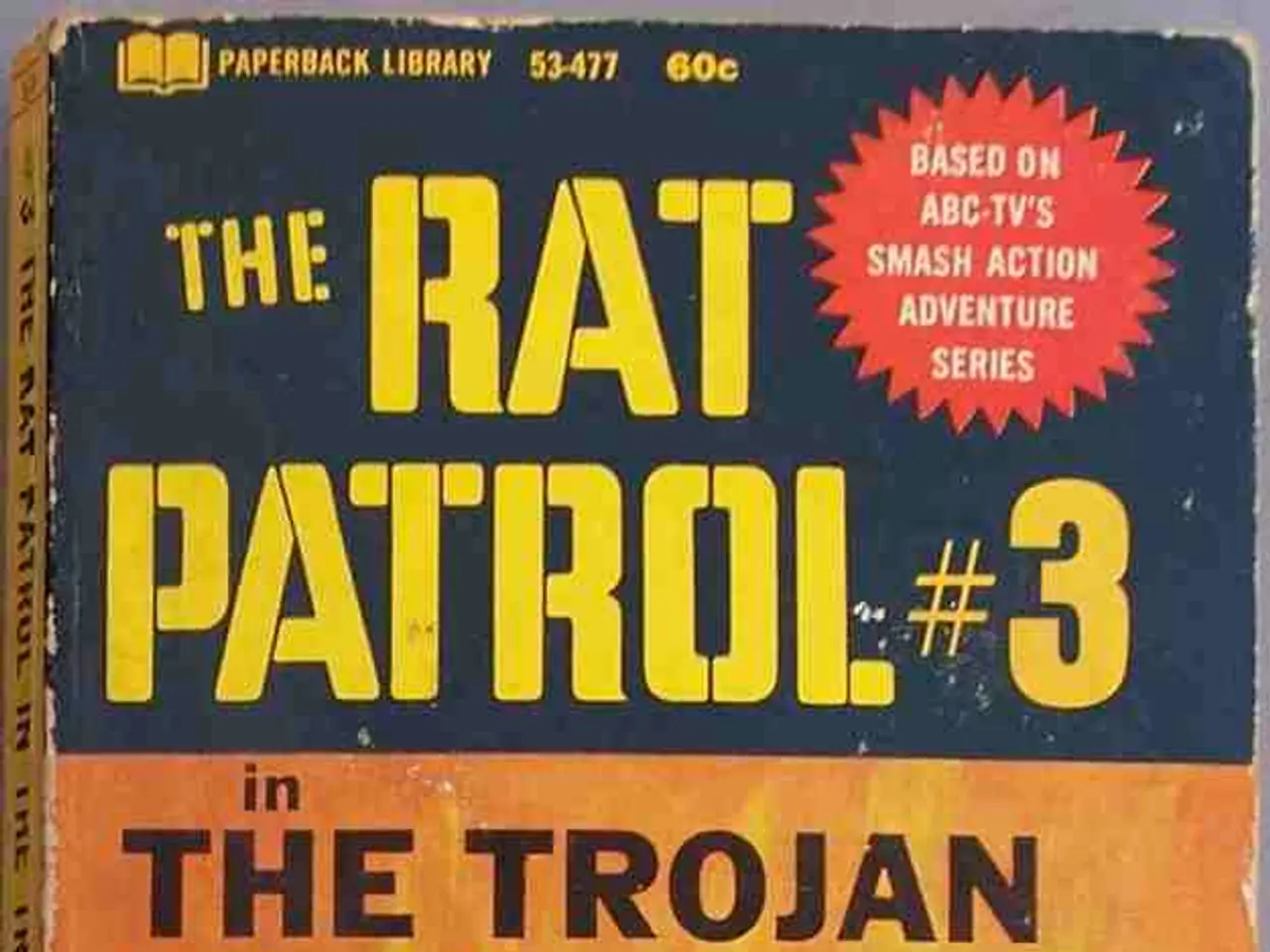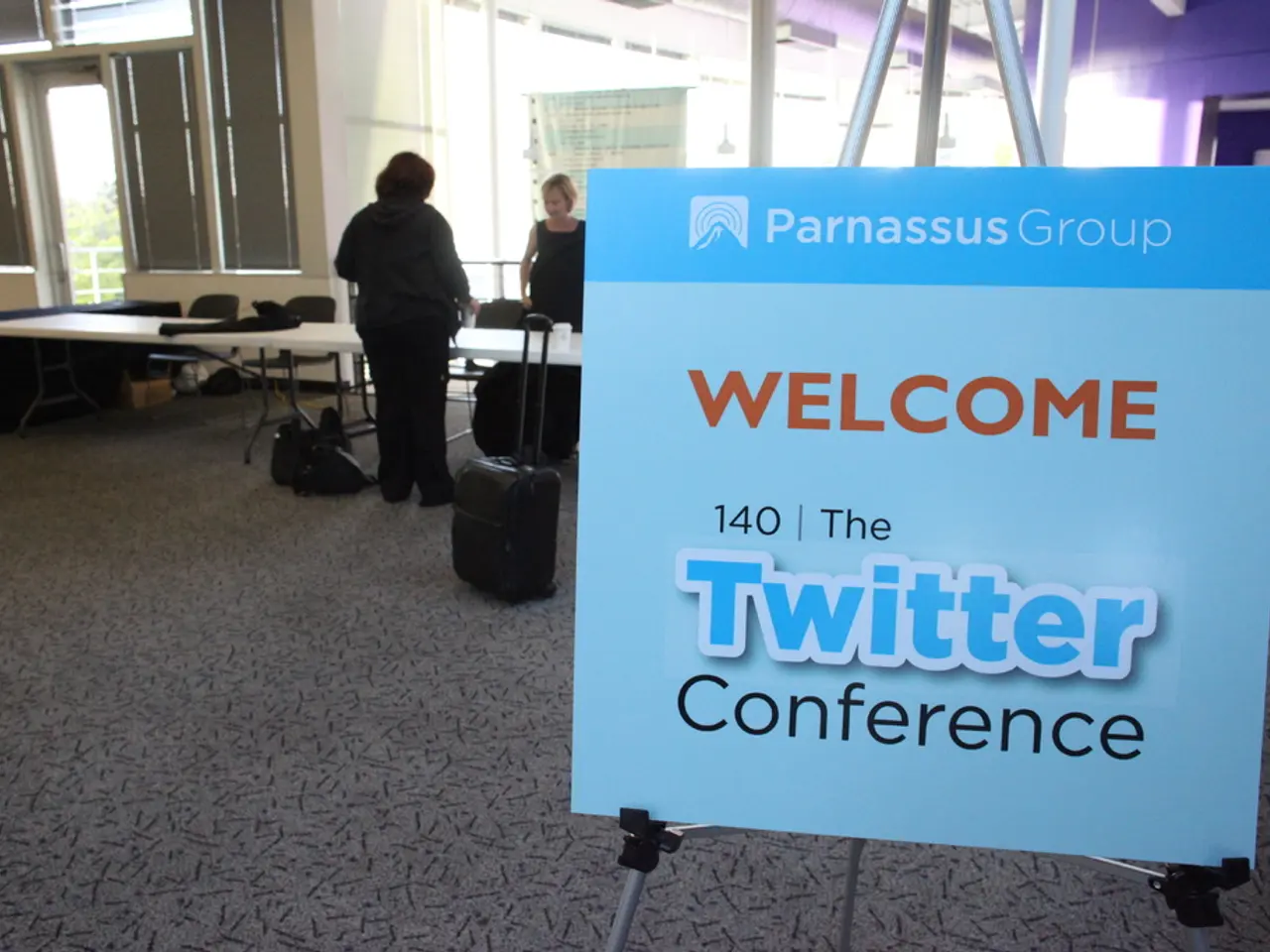Israel's Deadly Strike Against Iranian Nuclear Scientist and Family: A Violent Escalation in the Israel-Iran Conflict
Israel allegedly annihilates family of 19 scholars in Iran
Get the latest updates on this tragic incident on Facebook, Twitter, WhatsApp, Email, Print, or Copy Link
In a shocking turn of events, Israel's air force has killed a nuclear scientist, Mohammed-Resa Sedighi, a family of 18, and a young girl battling cancer named Nastia, in a strike that has once again raised questions about Israel's disregard for civilian lives. The attack occurred just before the ceasefire in the north of the country, and has been met with fierce criticism by Iran's foreign ministry spokesman, Ismail Baghai, who called it a "massacre."
Baghai has taken to social media platform X to express his outrage. He also warned that the Iranian people will never forget or forgive such crimes. Iranian media outlets have reported the tragic incident and shared a family photo of the victims. Sedighi was accused of involvement in a suspected nuclear weapons program and was under U.S. secondary sanctions.
According to reports by Israeli newspaper "Haaretz," Sedighi was working on projects related to rocket research in the coastal province of Gilan. The conflict between Israel and Iran, which began on June 13 when Israel attacked Iranian nuclear and military sites, has so far resulted in over 610 civilian deaths and over 4,700 injured in Iran, along with several high-ranking military officials and scientists. This escalation in violence has also claimed 28 lives in Israel, according to Israeli reports.
Meanwhile, tensions in the Middle East seem to be far from over, with Iran continuing its attacks on Israel even after an Israel-Iran ceasefire went into effect. The Houthis, a Yemeni-armed group allied with Iran, have announced they are not bound by the ceasefire and will continue their campaign until Israeli actions in Gaza stop.
The recent developments indicate that Israel has been conducting a significant air campaign targeting Iran's nuclear facilities, aiming to degrade Iran's nuclear weapons capabilities. This campaign has caused extensive damage to multiple key nuclear sites in Iran, according to satellite images. This operation, known as Operation Rising Lion (Israel) and Operation Midnight Hammer (US), has significantly set back Iran’s nuclear program.
Iran's Defense Minister Aziz Nasirzadeh has taken a diplomatic approach, visiting China in his first trip abroad since the air campaign began, signaling Iran's search for international support amid escalating conflict.
The tragedy in Israel and Iran reflects a deepening conflict with significant regional and global security implications. The Israeli strikes have targeted not only infrastructure but also Iranian scientific personnel involved in nuclear weapons research. This strategy, if continued, could further escalate the conflict and lead to even more tragic losses.
Sources: ntv.de, uzh/dpa
Associated Topics:
- Iran
- Israel-Iran Conflict
- Israel
- Middle East Conflict
- Iranian Nuclear Program
Enrichment Data:Recent developments indicate Israel has been conducting a significant air campaign targeting Iran’s nuclear facilities aimed at degrading Iran’s nuclear weapons capabilities. Since June 12, 2025, Israel has reportedly killed at least 14 Iranian nuclear scientists in strikes intended to delay Iran's ability to weaponize its nuclear program[3].
Among the casualties, Sayyed Asghar Hashemi Tabar, a weapons expert specialized in pulse power research connected to Iran’s Organization of Defensive Innovation and Research (SPND), was killed in Tehran Province on June 20[3]. This group is sanctioned by the US for involvement in WMD proliferation[3]. Other scientists, such as Mostafa Sadati Ermaki, were also targeted and killed in the campaign[3].
The Israeli strikes have caused extensive damage to multiple key nuclear sites in Iran, including Fordow Fuel Enrichment Plant, Natanz Nuclear Complex, Esfahan Nuclear Complex, and others, as confirmed by satellite images from June 20 showing buildings destroyed or heavily damaged[2]. This operation, known as Operation Rising Lion (Israel) and Operation Midnight Hammer (US), has significantly set back Iran’s nuclear program[2].
Reactions to these attacks are mixed and complex:
- Iran’s Defense Minister Aziz Nasirzadeh visited China on June 25 in his first trip abroad since the air campaign began, signaling Iran's search for international support amid escalating conflict[1].
- The Houthis, a Yemeni armed group allied with Iran, continued to launch drone and missile attacks on Israel even after an Israel-Iran ceasefire went into effect, stating they are not bound by the ceasefire and will continue their campaign until Israeli actions in Gaza stop[1]. Israel intercepted a drone likely launched from Yemen on June 25, demonstrating ongoing tensions and proxy involvement[1].
- Senior Israeli officials have confirmed the prevention of drone incursions originating from Iran on June 24, marking a potential ceasefire violation, but have not issued a public response at the time[3].
Implications of these events in the broader Israel-Iran conflict include:
- A violent escalation that directly targets Iranian scientific personnel involved in nuclear weapons research, indicating Israel’s strategy to disrupt Iran’s nuclear capabilities by eliminating expertise as well as infrastructure.
- Continuation of proxy conflicts involving groups like the Houthis, who are extending hostilities against Israel in coordination or sympathy with Iran, complicating the conflict dynamics[1].
- Iran’s diplomatic outreach to partners such as China suggests efforts to seek political and possibly military support amid intensified Israeli-US military pressure[1].
In summary, the recent Israeli targeted killings of Iranian nuclear scientists and continued strikes on nuclear facilities, combined with retaliatory proxy attacks against Israel, reflect a deepening and multifaceted conflict with significant regional and global security implications[1][2][3].
- The escalating Israel-Iran conflict, marked by recent attacks on Iranian nuclear facilities and scientific personnel, has led to heated debates regarding employment and community policies, particularly concerning international sanctions and the safety of civilians involved in the nuclear program.
- Understanding the regional and global implications of the ongoing war-and-conflicts, such as the Israel-Iran conflict, involves staying informed about general-news updates, including employment policies of nations involved, and the potential impact on their nuclear programs.



![Proposal for a Directive on [specific topic] has yet to be endorsed by the Commission](/en/content/images/size/w1280/format/webp/20250627035647_hollabrunn-construction-ban-extension-exemption-for-brunnthalgasse-9-controversy-over-cronyism-new-building-guidelines-residential-project-with-45-units.jpeg)


